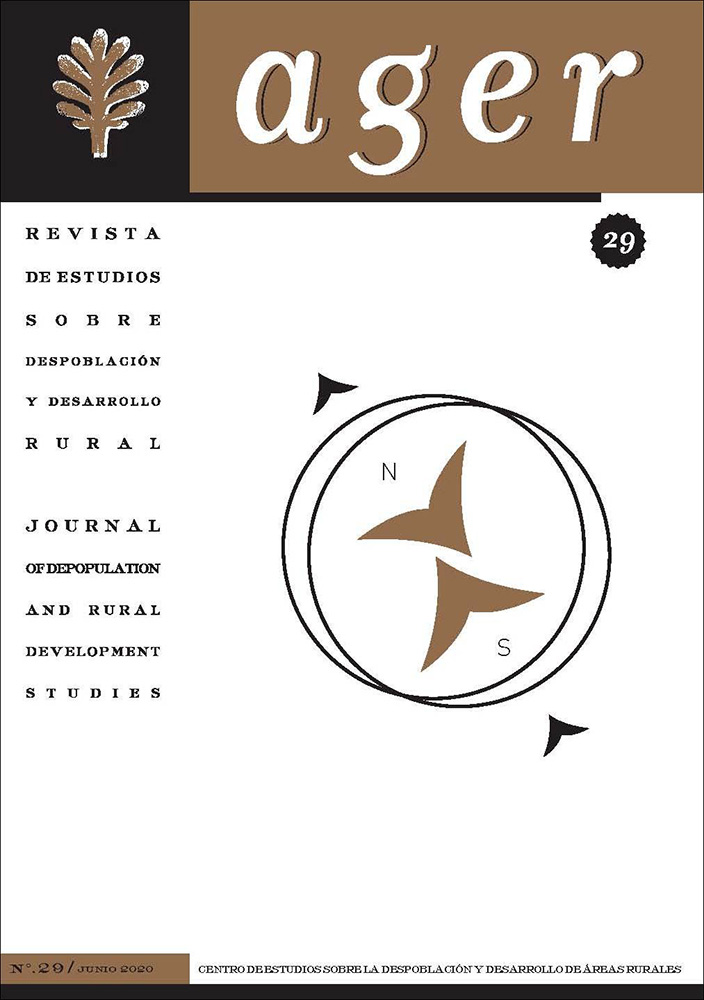Reciprocity and cooperative performance. The example of Mandatory Greek Cooperatives
Résumé
Reciprocity is a powerful determinant of human behaviour in social exchange situations where mutual reinforcement exists between two parties. Consequently, it is supposed to be one of the fundamental resources of cooperatives. Mandatory Cooperatives is a special category of cooperatives that is characterized by a higher degree of reciprocal behaviour among members than traditional cooperatives. This paper examines the differences in financial level of these two categories (mandatory cooperatives versus traditional agricultural cooperatives) with the help of a financial approach, which is based on panel data analysis techniques. Several notions and concepts forming the financial engineering methodological framework are adopted for the design of this approach. The results reveal that reciprocity is a very important element that leads cooperatives to higher performance levels.Téléchargements
Publiée
2020-06-15
Comment citer
Sergaki, P., Kontogeorgos, A., Kalogeras, N., & van Dijk, G. (2020). Reciprocity and cooperative performance. The example of Mandatory Greek Cooperatives. AGER. Revista De Estudios Sobre Despoblación Y Desarrollo Rural, 29, 7–38. Consulté à l’adresse https://recyt.fecyt.es/index.php/AGER/article/view/81300
Numéro
Rubrique
Artículos
Licence
© Panagiota Sergaki, Achilleas Kontogeorgos, Nikolaos Kalogeras, Gert van Dijk 2020

Ce travail est disponible sous licence Creative Commons Attribution - Pas d'Utilisation Commerciale - Pas de Modification 4.0 International.
Aquellos autores/as que tengan publicaciones con esta revista, aceptan los términos siguientes:
- Los autores/as conservarán sus derechos de autor y garantizarán a la revista el derecho de primera publicación de su obra, el cuál estará simultáneamente sujeto a la Licencia de reconocimiento de Creative Commons que permite a terceros compartir la obra siempre que se indique su autor y su primera publicación esta revista.
- Los autores/as podrán adoptar otros acuerdos de licencia no exclusiva de distribución de la versión de la obra publicada (p. ej.: depositarla en un archivo telemático institucional o publicarla en un volumen monográfico) siempre que se indique la publicación inicial en esta revista.
- Se permite y recomienda a los autores/as difundir su obra a través de Internet (p. ej.: en archivos telemáticos institucionales o en su página web), lo cual puede producir intercambios interesantes y aumentar las citas de la obra publicada. (Véase El efecto del acceso abierto).

